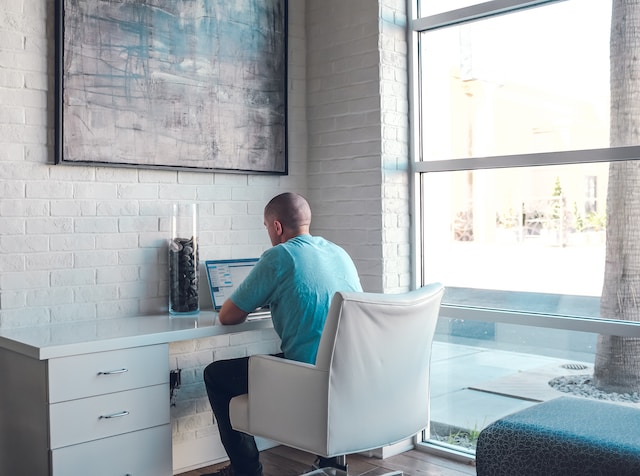In our modern world, sitting has become a predominant part of our daily routine. However, this seemingly harmless act may be more dangerous than you think. This article will delve into the health risks associated with prolonged sitting and provide practical tips to mitigate these risks.
The Silent Killer: How Sitting Can Shorten Your Life
Contrary to popular belief, sitting for extended periods can significantly shorten your lifespan, regardless of your exercise habits. This is because prolonged sitting has been linked to an increased risk of various health conditions, including heart disease, diabetes, and even dementia.
The Unseen Consequences: Dementia and Sitting
Prolonged sitting can have detrimental effects on your brain’s health. The brain of a person who sits excessively may resemble that of someone with dementia. Sitting also increases the risk of heart disease, diabetes, stroke, high blood pressure, and high cholesterol, all of which contribute to cognitive decline.
Can Exercise Counteract the Effects of Sitting?
While exercise is crucial for overall health, it may not be enough to counteract the effects of prolonged sitting. Even if you engage in regular physical activity, sitting for extended periods can still pose significant health risks. Therefore, it’s essential to incorporate movement throughout your day, beyond your regular exercise routine.
How Sitting Increases Your Risk of Diabetes
Sitting for long periods can increase your risk of developing diabetes. This is not merely due to a lack of physical activity and calorie burning. Researchers believe that prolonged sitting may alter the body’s response to insulin, a hormone that helps burn sugar and carbs for energy.

Sitting and Weight gain
If you spend a lot of time sitting, especially while engaged in screen-based activities, you’re more likely to gain weight. Therefore, it’s important to balance screen time with physical activity to maintain a healthy weight.
The Mental Health Impact
Excessive sitting can also impact your mental health, potentially leading to increased anxiety. This could be due to the isolation and lack of physical activity associated with prolonged sitting. Therefore, taking breaks to move around and interact with others can help alleviate these mental health concerns.
Effect on Your Back
Sitting, especially when done with poor posture, can put immense stress on your back muscles, neck, and spine. To prevent these issues, it’s important to use ergonomic chairs and take regular breaks to stand and stretch.
Effect on the Venous System
Prolonged sitting can lead to blood pooling in your legs, which can increase the pressure in your veins and lead to varicose veins. To prevent this, it’s recommended to take regular breaks to stand and move around.
The Risk of Osteoporosis and Mobility Loss
For older adults, inactivity and prolonged sitting can increase the risk of osteoporosis and mobility loss. To maintain mobility and bone health, it’s important to stay active and avoid prolonged periods of sitting.
Sitting and Cancer Risk
Prolonged sitting can increase your risk of certain types of cancer, including colon, endometrial, and lung cancer. Therefore, reducing the amount of time you spend sitting each day can help lower your cancer risk.










